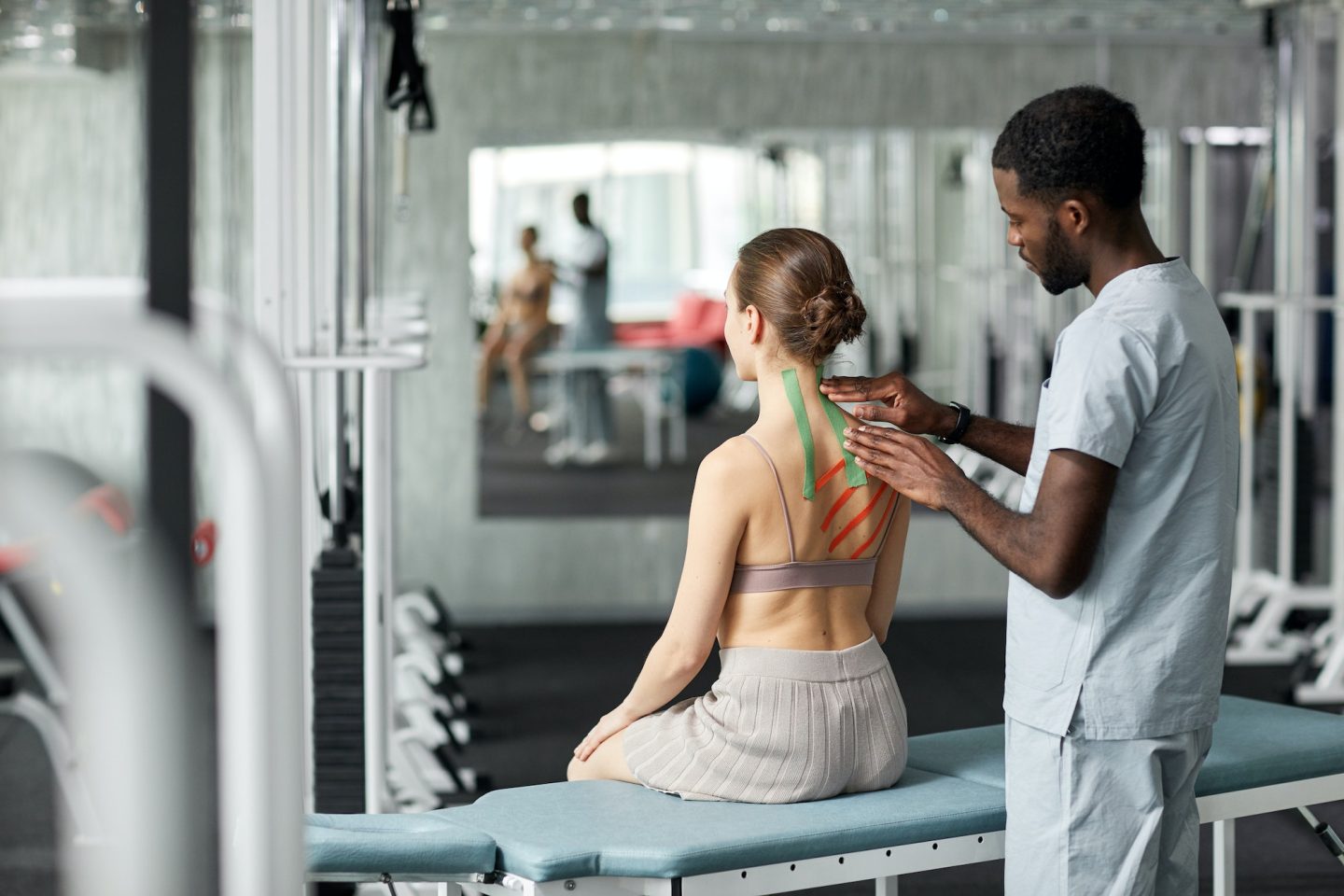
You may not think much about your joints in your 30s — after all, joint pain feels like a problem for “later in life.” But the truth is, the habits you build now play a major role in how your knees, hips, and spine will function when you’re older. Early care can delay — or even prevent — issues like arthritis, stiffness, and mobility problems.
Here’s how to future-proof your joints and stay active for decades to come.
1. Stay Active — But Smartly
Regular physical activity is essential for joint health, but high-impact sports without proper form can do more harm than good. Choose joint-friendly exercises like:
* Walking or brisk walking
* Swimming
* Cycling
* Strength training with focus on form
If you’re into running or sports like tennis, make sure to stretch, warm up, and wear supportive footwear. Avoid overtraining and listen to your body when it needs rest.
2. Watch Your Posture
Sitting long hours at a desk or slouching on a couch might seem harmless now, but it slowly stresses your spine, hips, and knees.
Try this:
* Use an ergonomic chair or stand while working
* Keep screens at eye level
* Take short movement breaks every 30–45 minutes
Good posture isn’t about sitting stiff — it’s about balanced body alignment that reduces strain.
3. Maintain a Healthy Weight
Your knees bear 3–4 times your body weight with every step. Even a small increase in weight can put extra pressure on your joints. Maintaining a healthy BMI helps reduce wear and tear, especially on weight-bearing joints like hips and knees.
4. Don’t Ignore Minor Injuries
A small sprain today, if left untreated, can lead to chronic joint instability. Always treat minor injuries with proper rest, ice, compression, and elevation (RICE). If pain or swelling persists, consult a specialist — early care saves long-term damage.
5. Support Your Bones & Joints Through Nutrition
Include foods rich in:
* Calcium (dairy, almonds, leafy greens)
* Vitamin D (eggs, fortified foods, or sunlight exposure)
* Omega-3 (flaxseed, walnuts, fatty fish)
Avoid excess sugar, processed food, and alcohol — they increase inflammation and weaken bones over time.
When to Seek Medical Advice
If you notice consistent joint pain, swelling, or reduced flexibility, it’s best to get a professional opinion. In some cases, early signs of arthritis or cartilage damage can be managed non-surgically — especially if caught early.
Dr. Arpit Tiwari offers a full range of treatments from conservative therapies to advanced surgical options like arthroscopy and joint replacement — but only when truly needed.
You don’t need to wait for joint pain to start taking care of your joints. Your 30s are the ideal time to invest in healthy habits that will keep you active, mobile, and pain-free for years. Start small, stay consistent, and give your joints the care they deserve.
Concerned About Joint Health?
Schedule a preventive consultation with Dr. Arpit Tiwari and get expert guidance tailored to your lifestyle.
Social Sharing:


